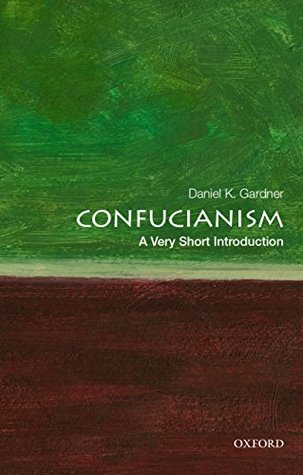More on this book
Community
Kindle Notes & Highlights
To reverse such deterioration, people had to learn again to be genuinely respectful in dealing with others, slow in speech and quick in action, trustworthy and true to their word, openly but gently critical of friends, families, and rulers who strayed from the proper path, free of resentment when poor, free of arrogance when rich, and faithful to the sacred three-year mourning period for parents, which to Confucius’s great chagrin, had fallen into disuse. In sum, they had to relearn the ritual behavior that had created the harmonious society of the early Zhou.
(1) what makes for a good man; and (2) what makes for good government. These are for Confucius inseparable matters. Government can be good, as he understands “good,” only if good people serve in it. At the same time, it is government by virtue and moral example that leads those it governs to goodness and harmonious human relations.
so-called five relationships—father–son, ruler–subject, husband–wife, older brother–younger brother, and friend–friend—
A junzi for Confucius is the morally superior person who, by according with the ritual code of the tradition, treats others with respect and dignity, and pursues virtues like humility, sincerity, trustworthiness, righteousness, and compassion.
Success demands desire and perseverance. It also demands true engagement and intellectual initiative.
Thus it is important to recognize that true goodness is not an indwelling state that one achieves once and for all; it is a behavior involving mind and body that is ongoing and requires constant vigilance.
To cultivate the self and put one’s words into practice is what is called good conduct.
“Ruler and subject, father and son, husband and wife, elder brother and younger brother, and friend and friend: these five relationships constitute the universal Way of the world.”
obedience and respect for authority, deference to seniority, affection and kindness toward the young and infirm, and so forth.
Self-realization, Confucius believes, results in the self-realization of others, which, ripple-like, can result in the moral transformation of society at large.
The people’s submission to the good Confucian ruler clearly is not submission to some coercive power but rather to a fixed, reliable moral authority that radiates throughout the realm. This moral authority is a force capable of guiding others in their movements, of setting them in the right direction.
Harsh government that relies on punishment and physical force is ineffective and represents “misgovernment” in Confucius’s view. All that is necessary for good government is moral leadership. Morality breeds morality.
Guide them by virtue, keep them in line with ritual and they will, besides having a sense of shame, reform themselves.
The implied claim here is that only when the people’s material needs have been satisfied will they be susceptible to moral instruction.
that moral goodness results from self-cultivation; (3) that learning is a part of the self-cultivation process;
It is expressly because of the selfish desires and feelings of envy and jealousy with which we are born that we aggressively seek to possess the goodness we do not yet have.


